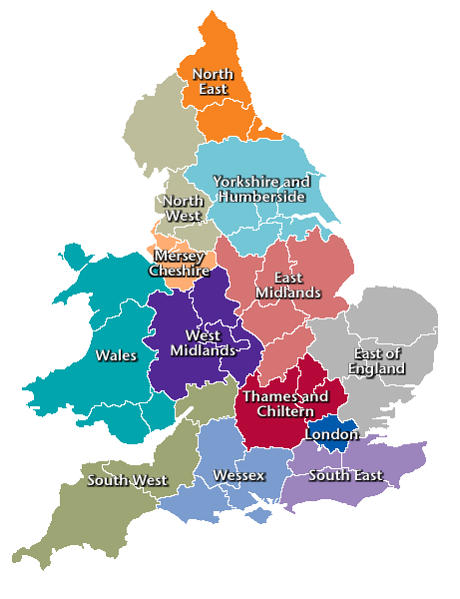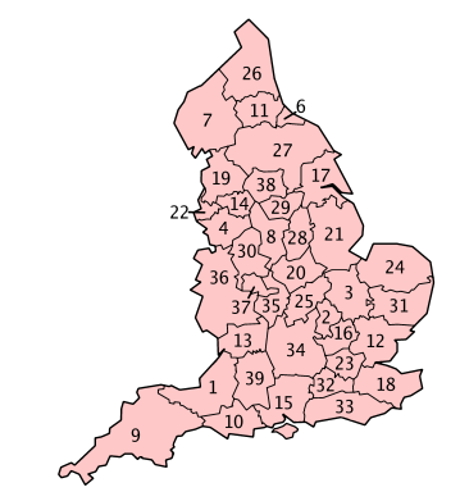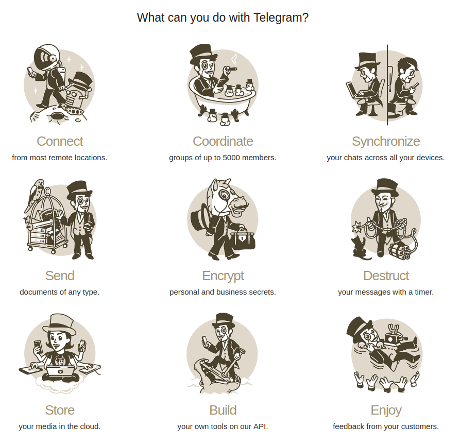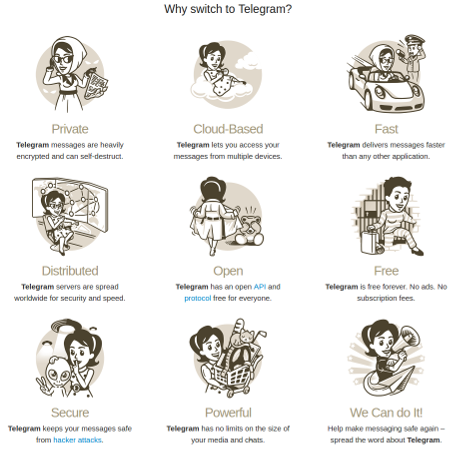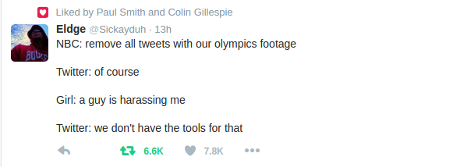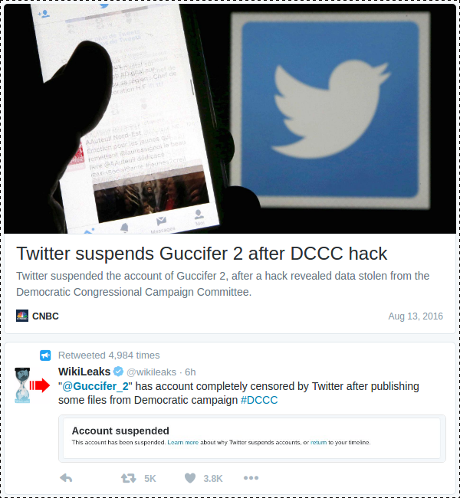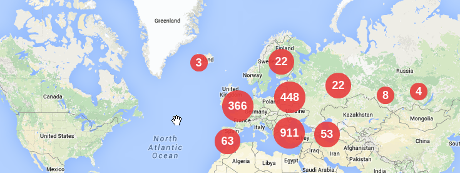You read about censorship or efforts at censorship on a daily basis.
I mean, what’s the use of reading about other people censoring your speech if you aren’t free to censor theirs? Where the fun in that?
There being no third-party arbiters, you are now a censor! Feel the power surging through your fingers. Crush dangerous thoughts, memes or content with a single return. The safety and sanity of your users is now your responsibility.
Heady stuff. Yes?
…
With that in mind, This. is absolutely not a place for:
Violations of law. While this is expanded upon below, it should be clear that we will not tolerate any violations of law when using our site.
Hate speech, malicious speech, or material that’s harmful to marginalized groups. Overtly discriminating against an individual belonging to a minority group on the basis of race, ethnicity, national origin, religion, sex, gender, sexual orientation, age, disability status, or medical condition won’t be tolerated on the site. This holds true whether it’s in the form of a link you post, a comment you make in a conversation, a username or display name you create (no epithets or slurs), or an account you run.
Harassment; incitements to violence; or threats of mental, emotional, cyber, or physical harm to other members. There’s a line between civil disagreement and harassment. You cross that line by bullying, attacking, or posing a credible threat to members of the site. This happens when you go beyond criticism of their words or ideas and instead attack who they are. If you’ve got a vendetta against a certain member, do not police and criticize that member’s every move, post, or comment on a conversation. Absolutely don’t take this a step further and organize or encourage violence against this person, whether through doxxing, obtaining dirt, or spreading that person’s private information.
Violations of privacy. Respect the sanctity of our members’ personal information. Don’t con them – or the infrastructure of our site – to obtain, post, or disseminate any information that could threaten or harm our members. This includes, but isn’t limited to, credit card or debit card numbers; social or national security numbers; home addresses; personal, non-public email addresses or phone numbers; sexts; or any other identifying information that isn’t already publicly displayed with that person’s knowledge.
Sexually-explicit, NSFW, obscene, vulgar, or pornographic content. We’d like for This. to be a site that someone can comfortably scroll through in a public space – say a cafe, or library. We’re not a place for sexually-explicit or pornographic posts, comments, accounts, usernames, or display names. The internet is rife with spaces for you to find people who might share your passion for a certain Pornhub video, but This. isn’t the place to do that. When it comes to nudity, what we do allow on our site is informative or newsworthy – so, for example, if you’re sharing this article on Cameroon’s breast ironing tradition, that’s fair game. Or a good news or feature article about Debbie Does Dallas. But, artful as it may be, we won’t allow actual footage of Debbie Does Dallas on the site. (We understand that some spaces on the internet are shitty at judging what is and isn’t obscene when it comes to nudity, so if you think we’ve pulled your post off the site because we’re a bunch of unreasonable prudes, we’ll be happy to engage.)
Excessively violent content. Gore, mutilation, bestiality, necrophilia? No thanks! There’s a distinction between a potentially upsetting image that’s worth consuming (think of some of the best war photography) and something you’d find in a snuff film. It’s not always an easy distinction to make – real life is pretty brutal, and some of the images we probably need to see are the hardest to stomach – but we also don’t want to create an overwhelmingly negative experience for anyone who visits the site and happens to stumble upon a painful image.
Promotion of self-harm, eating disorders, alcohol or drug abuse, or similar forms of destructive behavior. The internet is, sadly, also rife with spaces where people get off on encouraging others to hurt themselves. If you’d like to do that, get off our site and certainly seek help.
Username squatting. Dovetailing with that, we reserve the right to take back a username that is not being actively used and give it to someone else who’d like it it – especially if it’s, say, an esteemed publication, organization, or person. We’re also firmly against attempts to buy or sell stuff in exchange for usernames.
Use of the This. brand, trademark, or logo without consent. You also cannot use the This. name or anything associated with the brand without our consent – unless, of course, it’s a news item. That means no creating accounts, usernames, or display names that use our brand.
Spam. Populating the site with spammy accounts is antithetical to our mission – being the place to find the absolute best in media. If you’ve created accounts that are transparently selling, say, “installation help for Macbooks” or some other suspicious form tech support, or advertising your “viral video” about Justin Bieber that’s got a suspiciously low number of views, you don’t belong on our site. That contradicts why we exist as a platform – to give members a noise-free experience they can’t find elsewhere on the web.
Impersonation of others. Dovetailing with that – though we’d all like to be The New York Times or Diana Ross, don’t pretend to be them. Don’t create an identity on the site in the likeness of a company or person who isn’t you. If you decide, for some reason, to create a parody account of a public figure or organization – though we can think of better sites to do that on, frankly – make sure you make that as clear as possible in your display name, avatar, and bio.
Infringement of copyright or intellectual property rights. Don’t post copyrighted works without the permission of its original owner or creator. This extends, for example, to copying and pasting a copyrighted set of words into a comment and passing it off as your own without credit. If you think someone has unlawfully violated your own copyright, please follow the DMCA procedures set forth in our Terms of Service.
Mass or automated registration and following. We’ve worked hard to build the site’s infrastructure. If you manipulate that in any way to game your follow count or register multiple spam accounts, we’ll have to terminate your account.
Exploits, phishing, resource abuse, or fraudulent content. Do not scam our members into giving you money, or mislead our members through misrepresenting a link to, say, a virus.
Exploitation of minors. Do not post any material regarding minors that’s sexually explicit, violent, or harmful to their safety. Don’t solicit or request their private or personally identifiable information. Leave them alone.
So how do we take punitive action against anyone who violates these? Depends on the severity of the offense. If you’re a member with a good track record who seems to have slipped up, we’ll shoot you an email telling you why your content was removed. If you’ve shared, written, or done something flagrantly and recklessly violating one of these rules, we’ll ban you from the site through deleting your account and all that’s associated with it. And if we feel it’s necessary or otherwise believe it is required, we will work with law enforcement to handle any risk to one of our members, the This. community in general, or to public safety.
To put it plainly – if you’re an asshole, we’ll kick you off the site.
…
Let’s make that a little more concrete.
I want to say: “Former Vice-President Dick Cheney should be tortured for a minimum of thirty (30) years and be kept alive for that purpose, as a penalty for his war crimes.”
I can’t say that on This. because:
Rules broken vary by the specific content of my speech.
The build your own platform isn’t just my opinion. This. confirms my advice:

